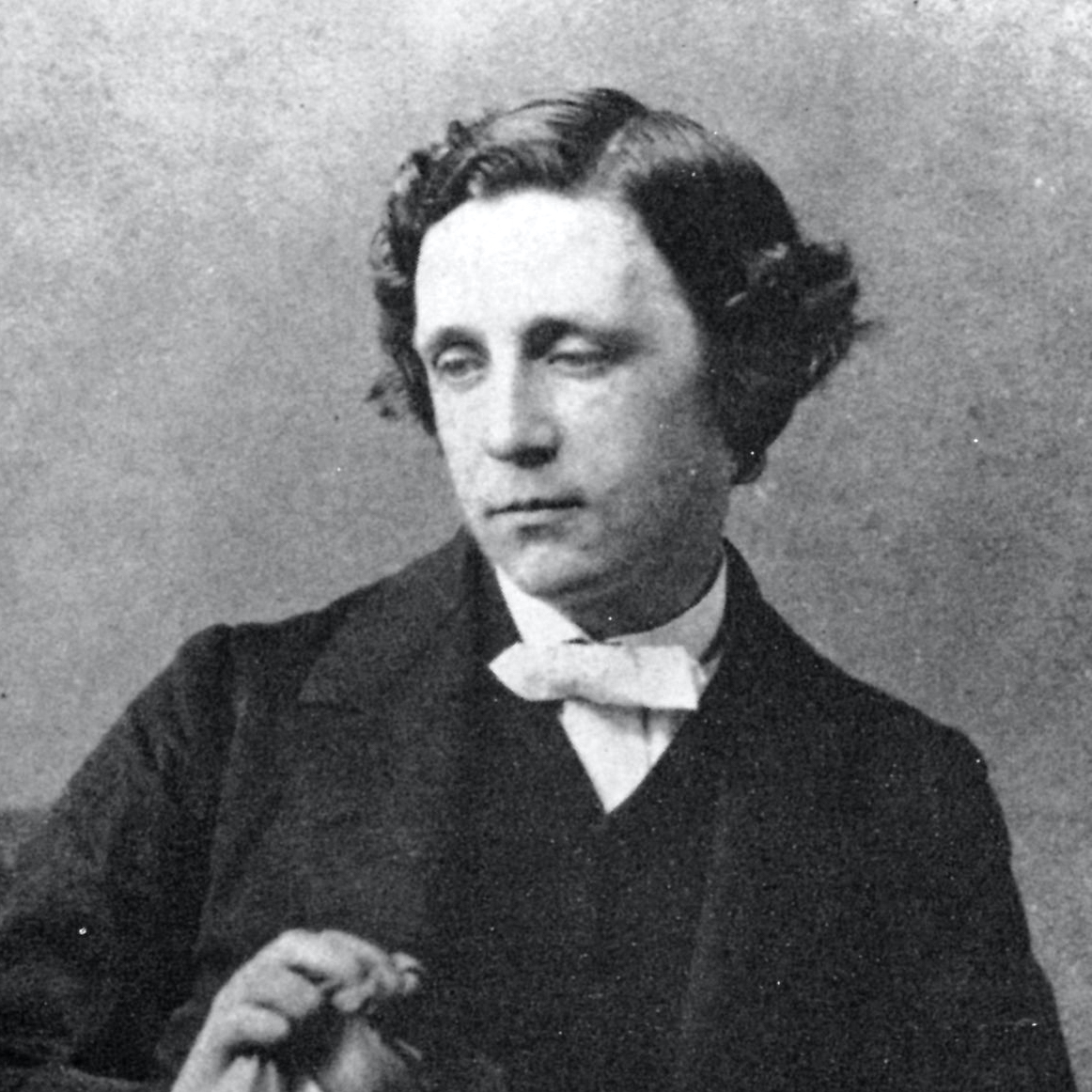How doth the little crocodile
Improve his shining tail,
And pour the waters of the Nile
On every golden scale!
How cheerfully he seems to grin,
How neatly spreads his claws,
And welcomes little fishes in,
With gently smiling jaws!
Published:
1865
Length:
Regular
Shorty
Literary Movements:
Children's
Anthology Years:
2022
2023
Themes:
Humor & Satire
Nature
Literary Devices:
End Rhyme
when a poem has lines ending with words that sound the same
Hyperbole
exaggerated statements or claims not meant to be taken literally
Metaphor
a comparison between two unrelated things through a shared characteristic
Personification
the attribution of human qualities to a non-human thing
Quatrain
A stanza made of four lines.
Sensory Detail
words used to invoke the five senses (vision, hearing, taste, touch, smell)

